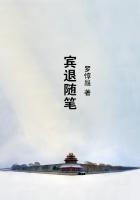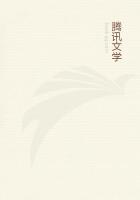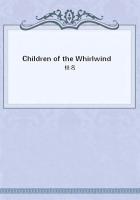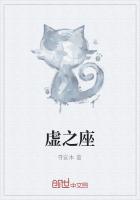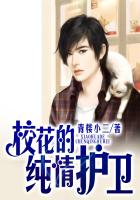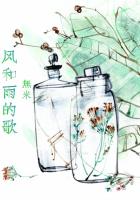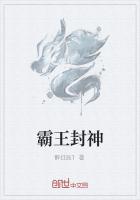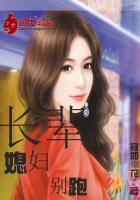The first building erected for Hull-House contained an art gallery well lighted for day and evening use, and our first exhibit of loaned pictures was opened in June, 1891, by Mr. And Mrs. Barnett of London. It is always pleasant to associate their hearty sympathy with that first exhibit, and thus to connect it with their pioneer efforts at Toynbee Hall to secure for working people the opportunity to know the best art, and with their establishment of the first permanent art gallery in an industrial quarter.
We took pride in the fact that our first exhibit contained some of the best pictures Chicago afforded, and we conscientiously insured them against fire and carefully guarded them by night and day.
We had five of these exhibits during two years, after the gallery was completed: two of oil paintings, one of old engravings and etchings, one of water colors, and one of pictures especially selected for use in the public schools. These exhibits were surprisingly well attended and thousands of votes were cast for the most popular pictures. Their value to the neighborhood of course had to be determined by each one of us according to the value he attached to beauty and the escape it offers from dreary reality into the realm of the imagination. Miss Starr always insisted that the arts should receive adequate recognition at Hull-House and urged that one must always remember "the hungry individual soul which without art will have passed unsolaced and unfed, followed by other souls who lack the impulse his should have given."
The exhibits afforded pathetic evidence that the older immigrants do not expect the solace of art in this country; an Italian expressed great surprise when he found that we, although Americans, still liked pictures, and said quite *****ly that he didn't know that Americans cared for anything but dollars--that looking at pictures was something people only did in Italy.
The extreme isolation of the Italian colony was demonstrated by the fact that he did not know that there was a public art gallery in the city nor any houses in which pictures were regarded as treasures.
A Greek was much surprised to see a photograph of the Acropolis at Hull-House because he had lived in Chicago for thirteen years and had never before met any Americans who knew about this foremost glory of the world. Before he left Greece he had imagined that Americans would be most eager to see pictures of Athens, and as he was a graduate of a school of technology, he had prepared a book of colored drawings and had made a collection of photographs which he was sure Americans would enjoy. But although from his fruit stand near one of the large railroad stations he had conversed with many Americans and had often tried to lead the conversation back to ancient Greece, no one had responded, and he had at last concluded that "the people of Chicago knew nothing of ancient times."
The loan exhibits were continued until the Chicago Art Institute was opened free to the public on Sunday afternoons and parties were arranged at Hull-House and conducted there by a guide. In time even these parties were discontinued as the galleries became better known in all parts of the city and the Art Institute management did much to make pictures popular.
From the first a studio was maintained at Hull-House which has developed through the changing years under the direction of Miss Benedict, one of the residents who is a member of the faculty in the Art Institute. Buildings on the Hull-House quadrangle furnish studios for artists who find something of the same spirit in the contiguous Italian colony that the French artist is traditionally supposed to discover in his beloved Latin Quarter.
These artists uncover something of the picturesque in the foreign colonies, which they have reproduced in painting, etching, and lithography. They find their classes filled not only by young people possessing facility and sometimes talent, but also by older people to whom the studio affords the one opportunity of escape from dreariness; a widow with four children who supplemented a very inadequate income by teaching the piano, for six years never missed her weekly painting lesson because it was "her one pleasure"; another woman, whose youth and strength had gone into the care of an invalid father, poured into her afternoon in the studio once a week, all of the longing for self-expression which she habitually suppressed.
Perhaps the most satisfactory results of the studio have been obtained through the classes of young men who are engaged in the commercial arts, and who are glad to have an opportunity to work out their own ideas. This is true of young engravers and lithographers; of the men who have to do with posters and illustrations in various ways. The little pile of stones and the lithographer's handpress in a corner of the studio have been used in many an experiment, as has a set of beautiful type loaned to Hull-House by a bibliophile.

